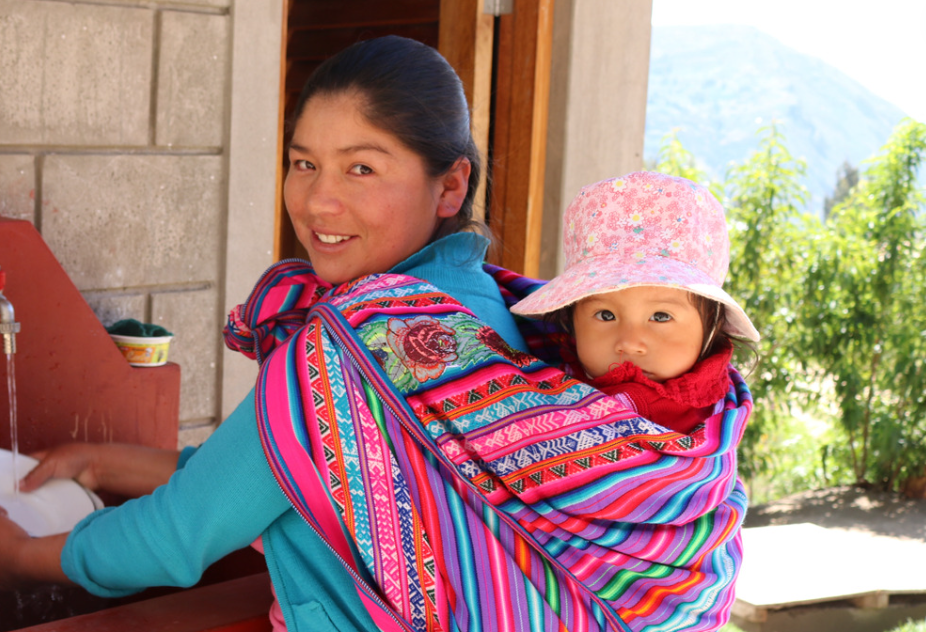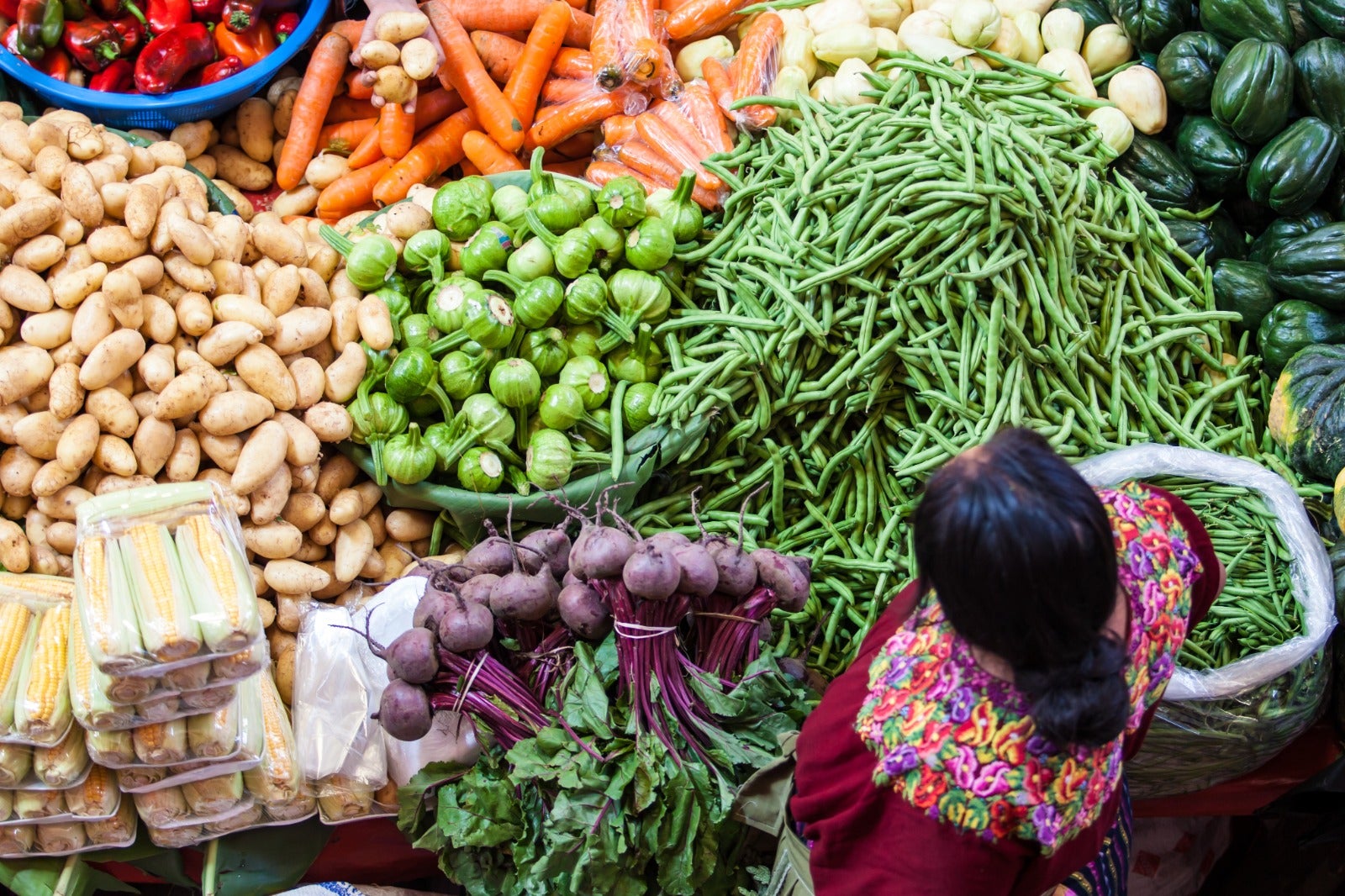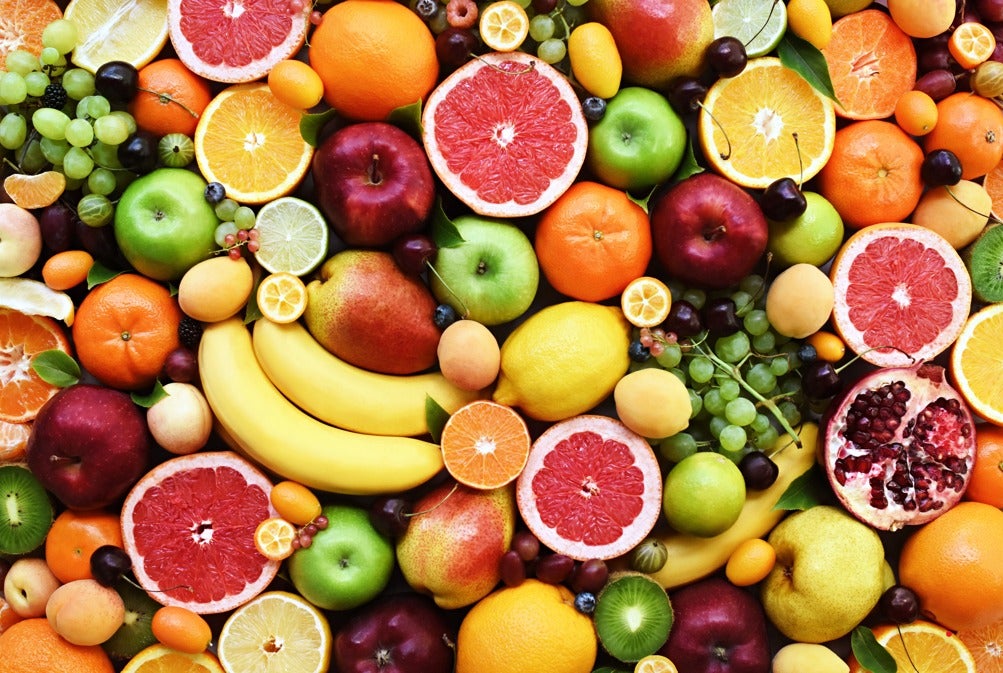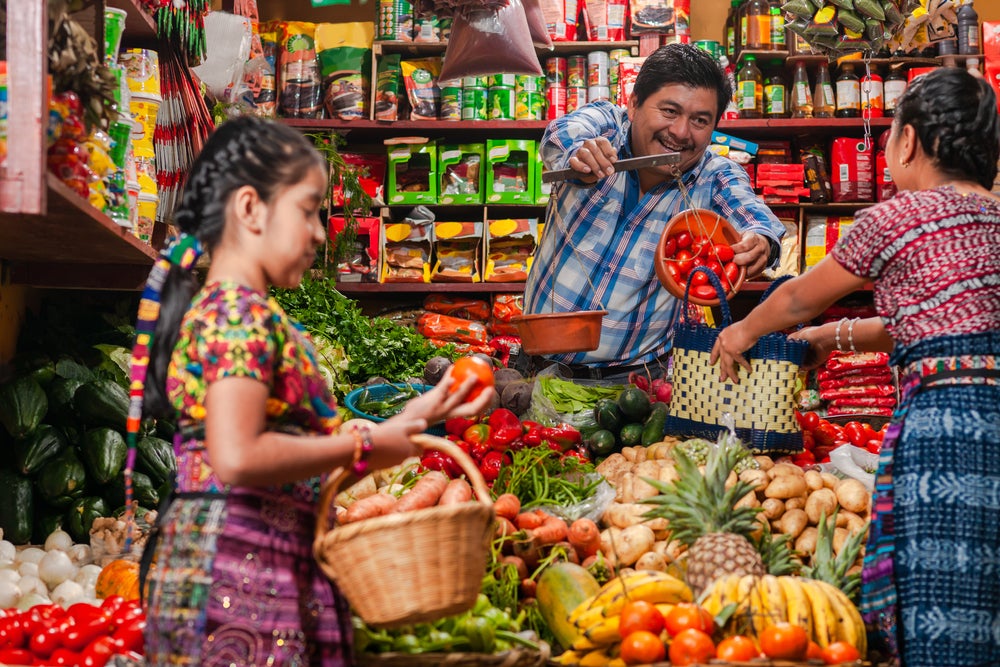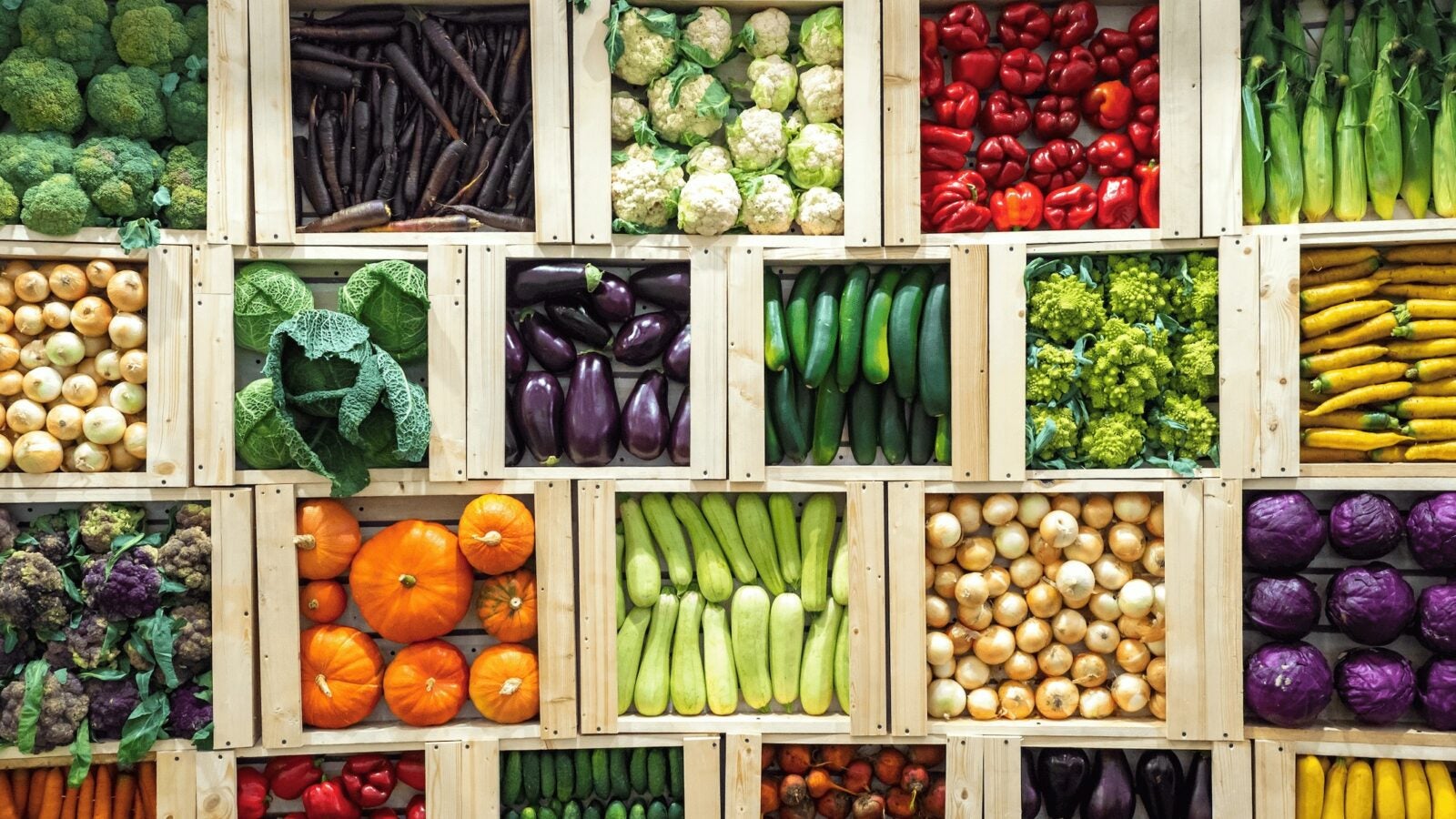Care is a fundamental job for sustaining human life. Throughout our life cycle, we will all have been or will be caring for others. Care activities refer to those that are related to the provision and maintenance of the physical, emotional and social well-being of people, non-human species and life in all its expressions, including domestic tasks, care for children, the … [Read more...] about International Women’s Day: Understanding Care Work in Rural Life
COP28: Why Food Systems Must Be at the Center of the Climate Agenda
[This article is also available in Spanish - Este artículo también está disponible en español] Agriculture has various negative impacts on the environment. For example, to increase production extensive forest areas are converted into cultivation zones. Deforestation leads to the loss of critical ecosystem services such as air, water, and biodiversity. In Latin America, … [Read more...] about COP28: Why Food Systems Must Be at the Center of the Climate Agenda
World Food Safety Day: Towards Safe Food for All
Food safety is the absence of chemical and/or biological toxins in food that can affect consumer health. Only safe foods meet dietary needs and contribute to active and healthy lives for all individuals. However, each year, over 400,000 deaths are caused by foodborne illnesses (WHO, 2023). Foodborne illnesses have been recognized as a significant public health issue in the … [Read more...] about World Food Safety Day: Towards Safe Food for All
Protecting the Planet to Ensure Food Security
Around 267 million people in Latin America and the Caribbean (LAC) suffer from food insecurity. This means that 40% of the population lacks physical or economic access to sufficient safe and nutritious food to meet their daily needs and lead a healthy life (FAO, 2022). But the problem doesn't end there, as 8.6%, 56 million inhabitants, experience hunger in its raw form, meaning … [Read more...] about Protecting the Planet to Ensure Food Security
How the War between Russia and Ukraine Might Affect Your Dinner in Latin America and the Caribbean
Agricultural commodity prices have been very volatile since the early 2000s, peaking in 2008, then declining sharply until 2010 before starting to rise again (i). In 2012, prices reached a new peak caused by a historic drought in the United States, but then remained low over 2015–2019, a period that also saw a restocking of inventories of soybean, wheat, and corn. In stark … [Read more...] about How the War between Russia and Ukraine Might Affect Your Dinner in Latin America and the Caribbean

